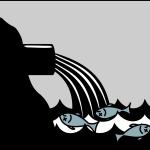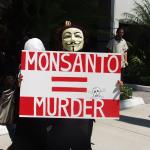If you're like me, you've eaten a fair amount of frozen pizza throughout your life and experienced few or no side effects. That's because this classic American cuisine carries no serious health risks.
cancer
I have to give credit where credit is due. The activists at EWG know how to write excellent headlines.
Like most people, I harbor a set of pretty standard concerns: paying bills, balancing work and family life, and protecting my son from crazy people who “identify” as
Organic activist group Slow Food recently released its list of “10 Key Facts on Pesticides," a post designed to “raise awareness about the risks and dan
Join ACSH director of bio-sciences Cameron English and Dr. Billauer as they break down these stories:
We frequently receive requests to comment on specific news stories. These are usually examples of journalists or pundits commenting on subjects they know nothing about and badly misleading their audiences as a result.
During a recent trip to Home Depot, I found myself standing next to another customer in the lawn and garden department. He was attentively looking over a container of the weed killer Roundup. "Isn't this the one that causes cancer?" he asked.
“This Roundup ingredient might cause cancer—but the EPA won’t ban it,” Popular Science told its readers in a terribly misleading January 13 story about the weedkiller glyphos
Activist groups have attacked all sorts of alleged villains for undermining public health—Big Ag and Big Pharma being the two most common punching bags.
Post-COVID-19, the once-ferocious debate surrounding genetically engineered (GE) crops seems like a fading memory, especially with the anti-GMO movement r












